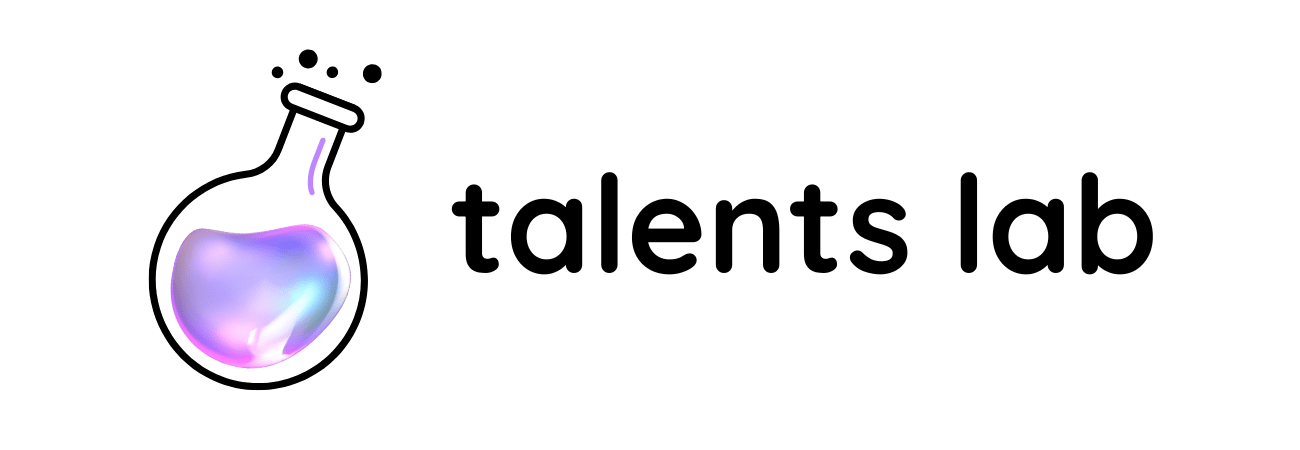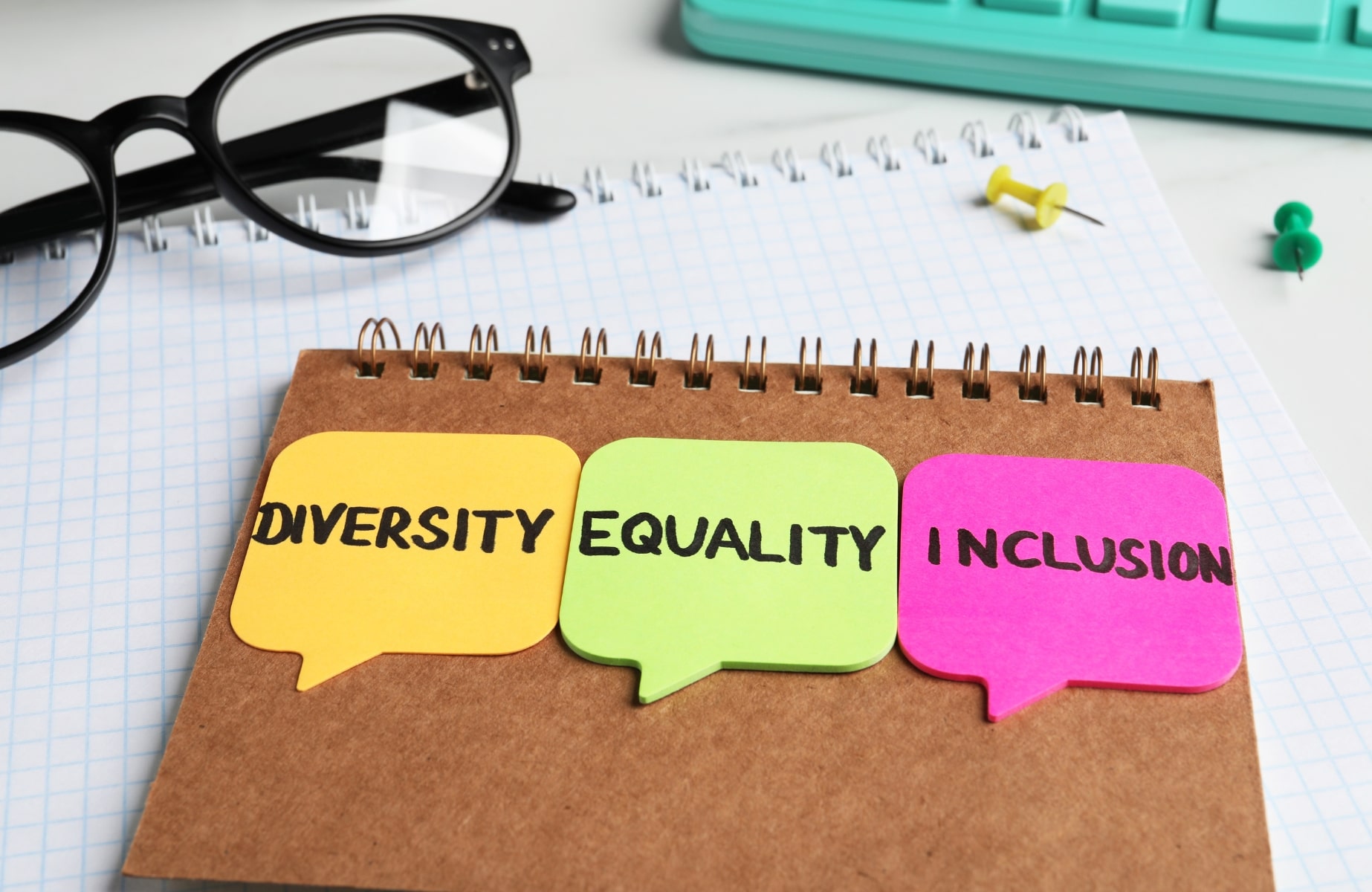In the contemporary recruitment landscape, the implementation of diversity and inclusion best practices isn’t just a moral choice; it’s a strategic imperative for success and innovation. So how do we transform these concepts from mere buzzwords into actionable, effective strategies? Let’s explore the core approaches to fostering an inclusive culture and combating recruitment biases.
Community Outreach: Broadening Talent Horizons
Indeed, effective DEI in recruitment starts with expanding our reach through proactive community outreach. We must venture beyond our regular networks and actively engage with diverse talent pools. This effort requires forming genuine connections with minority-serving institutions and community organizations, ensuring that our organization emerges as a true ally in diversity and inclusion and becomes an employer of choice for a broad range of talented individuals.
Job Descriptions: Your First Impression
Your job descriptions often serve as the first impression of your organization to potential candidates. Language that is inclusive, clear, and free from complex jargon is key to widening your talent pool. Focusing on essential skills and qualifications rather than a list of stringent requirements invites a more diverse applicant pool and signals that your company values skills and experiences over formal credentials, fostering a more inclusive culture.
Partnerships for Enhanced DEI
Strategic partnerships can be game-changing in advancing your DEI initiatives. Partnering with organizations and groups focusing on diversity and inclusion offers access to a wider network of potential candidates. These collaborations provide valuable insights into creating an inclusive workplace and enhance your brand’s reputation as a DEI leader, thereby attracting top talent aligned with your values.
The Power of Data in DEI Efforts
It is essential to track and measure your efforts to understand and improve your DEI strategies. Keeping track of metrics such as the diversity of applicants and hires offers insights into the effectiveness of your strategies. This data informs your recruitment practices, ensuring your efforts are both well-intentioned and impactful, and keeps your organization aligned with its DEI goals.
Tackling Unconscious Bias in Recruitment
Unconscious bias can significantly hinder an inclusive recruitment process. Implementing comprehensive bias training for your recruitment team is crucial. Ongoing development sessions, workshops, and discussions help maintain awareness and ensure fair and equitable candidate evaluations. Actively countering unconscious bias demonstrates your organization’s commitment to an inclusive culture where every candidate has a fair chance based on their skills and potential.
From Buzzwords to Impactful Actions
Finally, implementing these diversity and inclusion best practices is about making a real, tangible impact in the world of recruitment. It’s about creating workplaces that are not only diverse in numbers but also inclusive in nature, where every individual feels valued and empowered.




